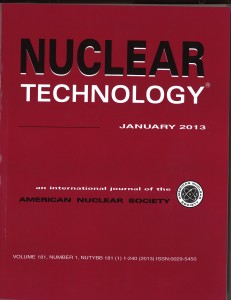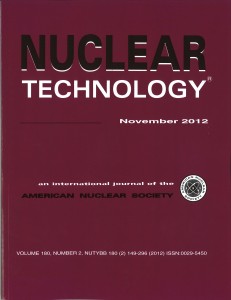Nicholas Tsoulfanidis—ANS member since 1969
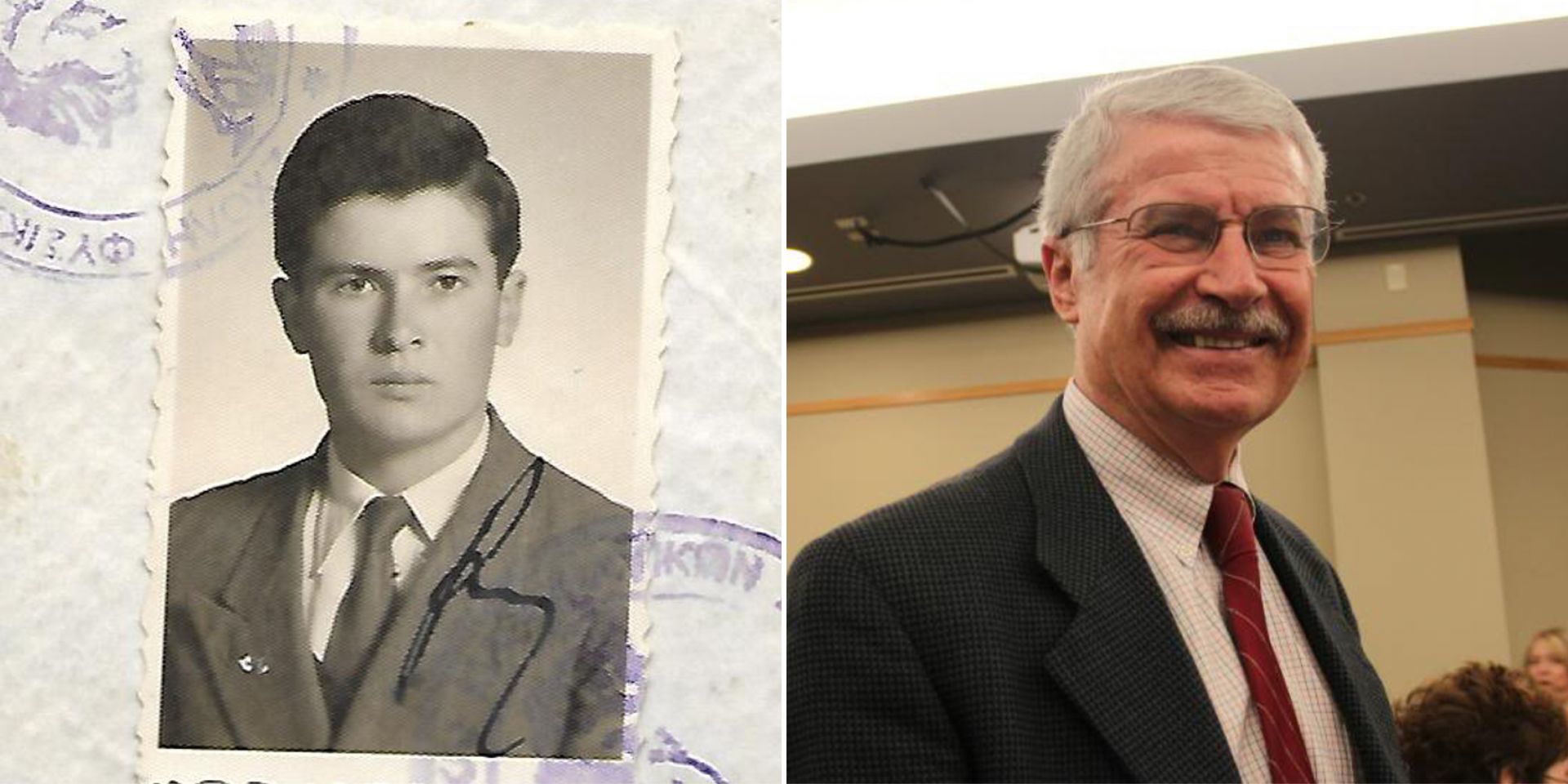
We welcome ANS members who have careered in the community to submit their own Nuclear Legacy stories, so that the personal history of nuclear power can be captured. For information on submitting your stories, contact nucnews@ans.org.
As an undergraduate I studied physics at the University of Athens. I entered the university in 1955 after successfully passing a national exam (came up fourth in a field of about 700 candidates). Upon graduation and finishing my mandatory two-year military service, the plan was to teach physics either in a public high school or as a tutor for a private for-profit institution, preparing high school students for the national exam.


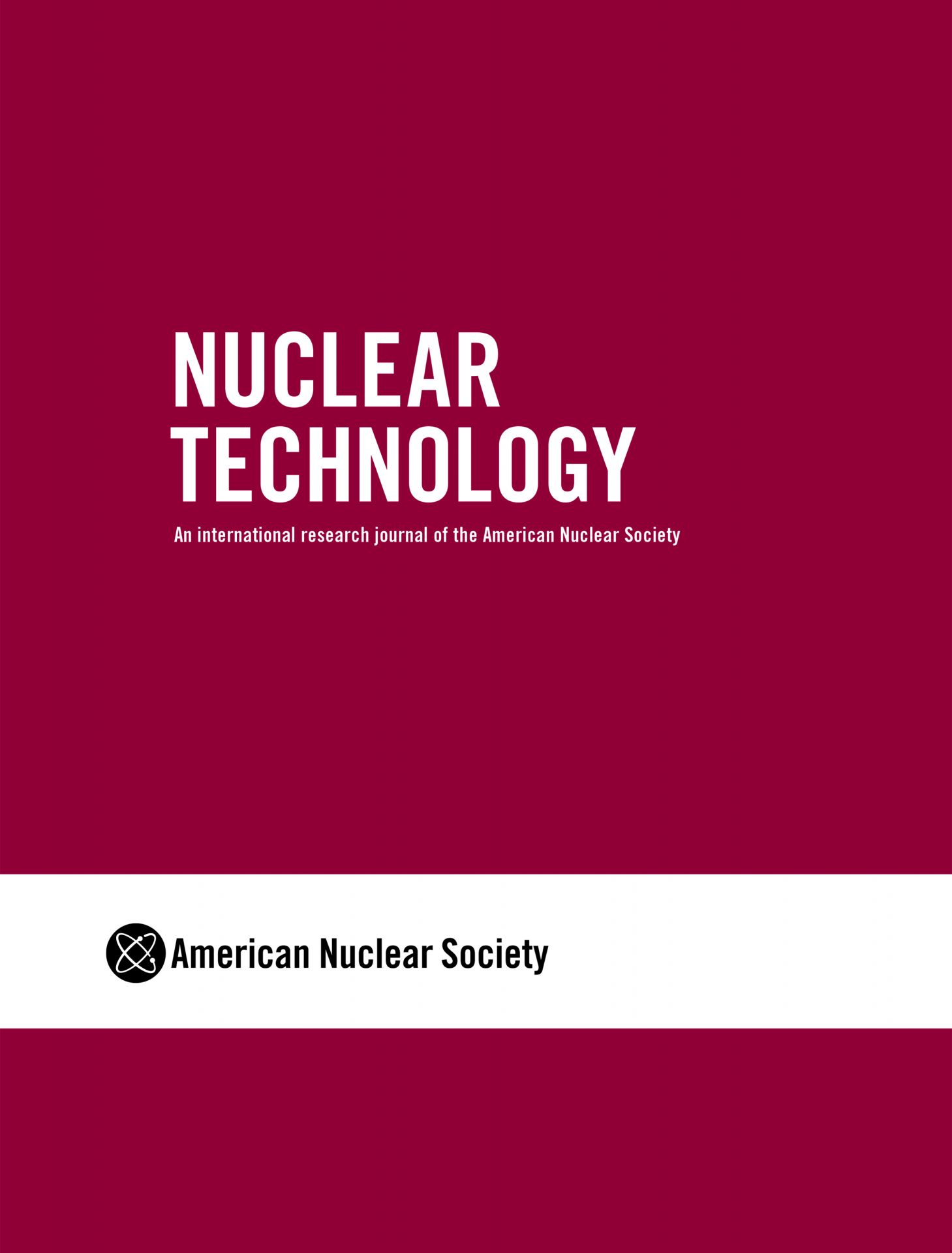 At the recent ANS Annual Meeting, Andrew Klein, past ANS president (2016–2017), professor emeritus of nuclear science and engineering at Oregon State University, and the current editor of ANS’s journal Nuclear Technology, announced his retirement at the end of his term in June 2023. ANS is looking for qualified members who are interested in becoming the next technical editor of the journal. The selected person will be appointed “editor-designate” and will work with Dr. Klein for a period of time before taking over the full editor’s role.
At the recent ANS Annual Meeting, Andrew Klein, past ANS president (2016–2017), professor emeritus of nuclear science and engineering at Oregon State University, and the current editor of ANS’s journal Nuclear Technology, announced his retirement at the end of his term in June 2023. ANS is looking for qualified members who are interested in becoming the next technical editor of the journal. The selected person will be appointed “editor-designate” and will work with Dr. Klein for a period of time before taking over the full editor’s role.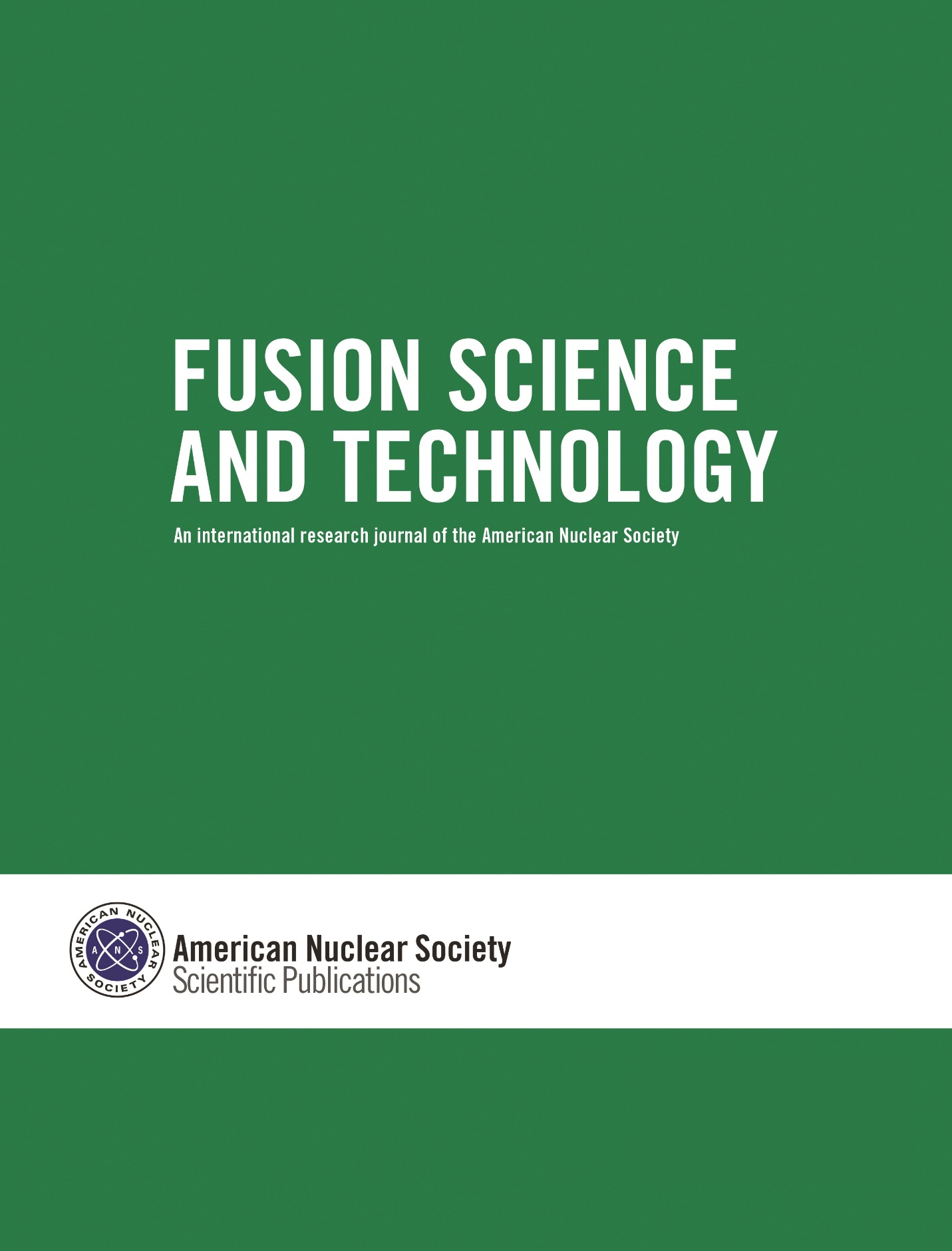
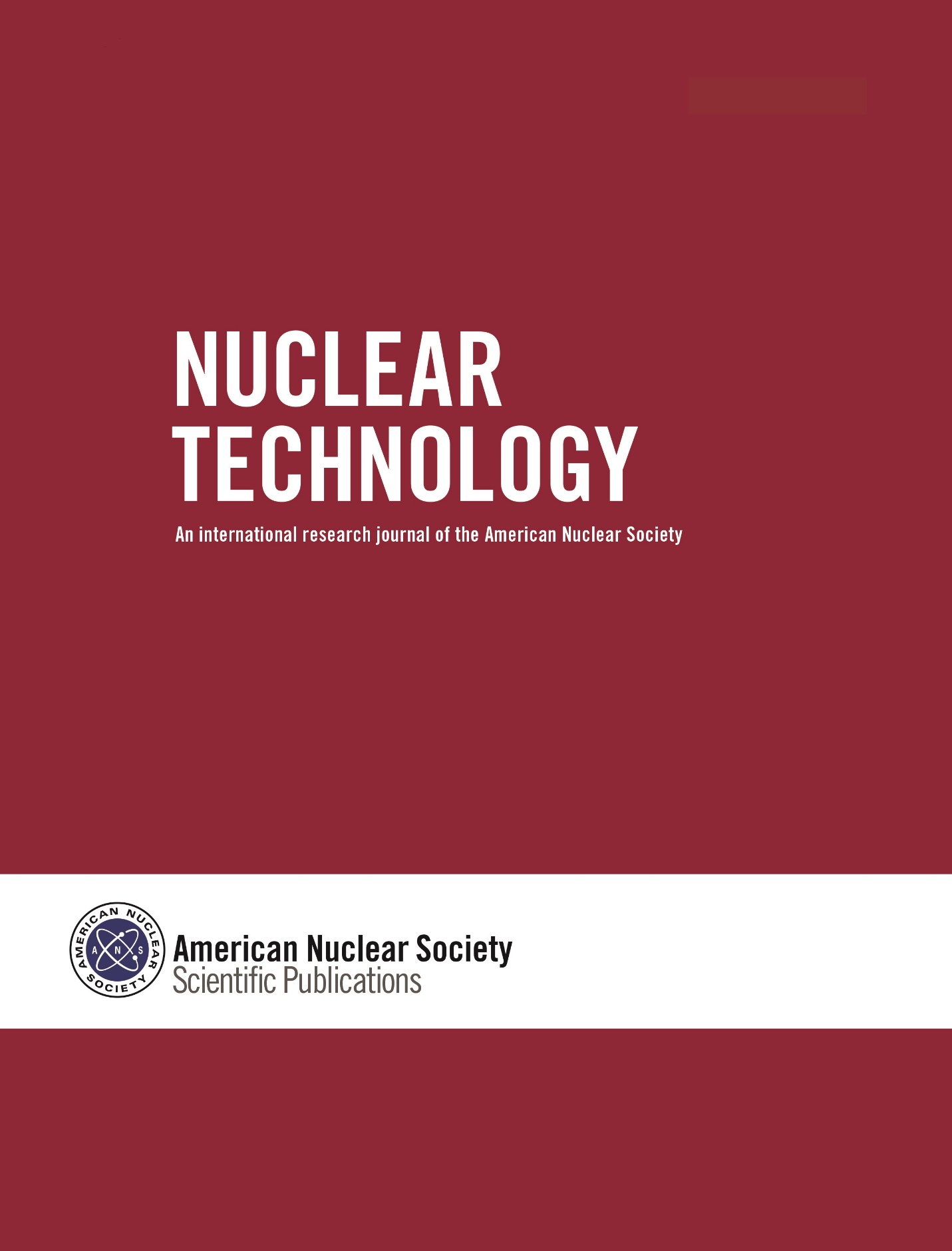
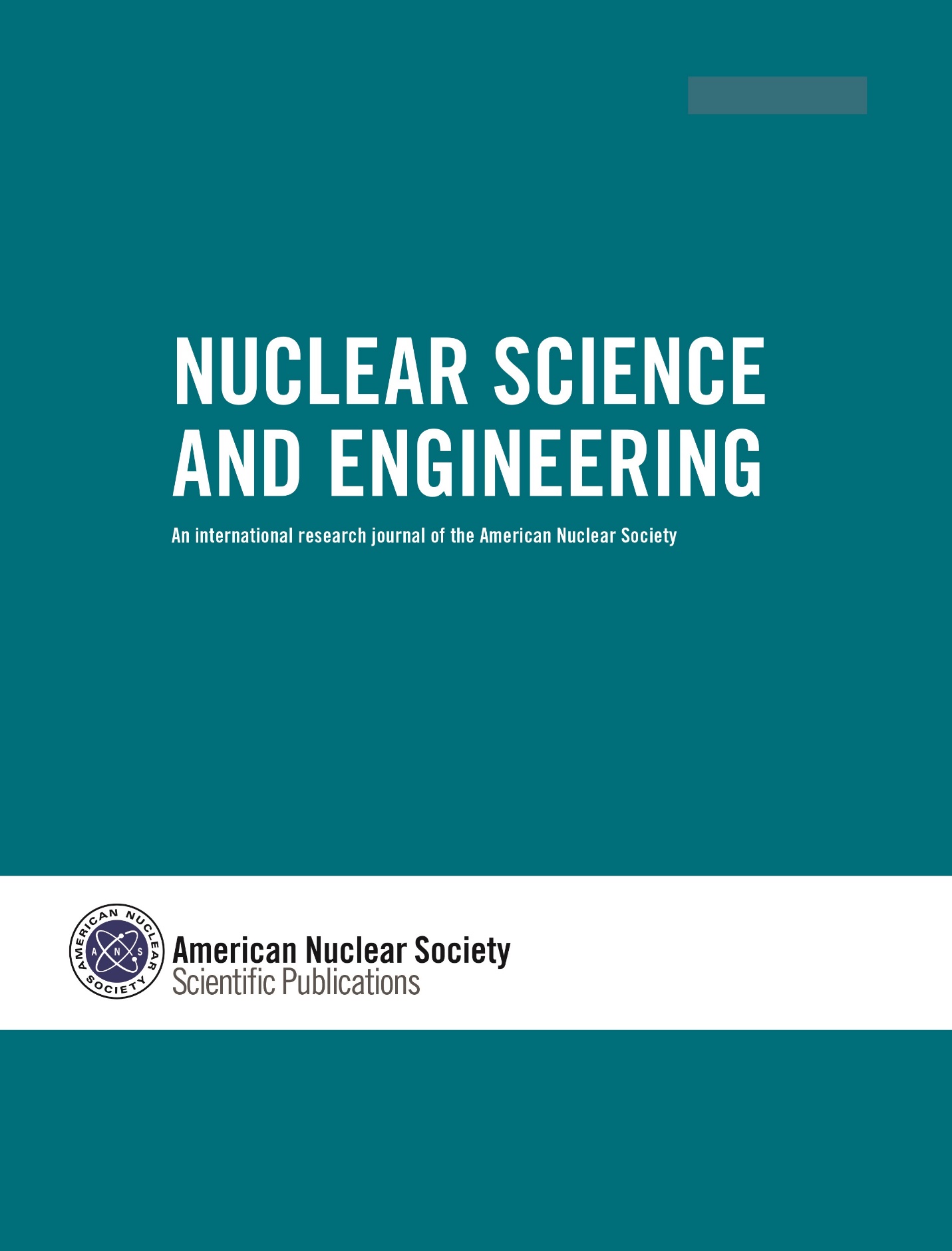 Frequently the
Frequently the 